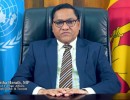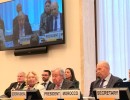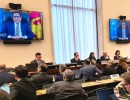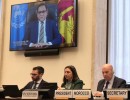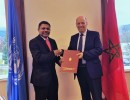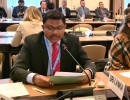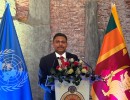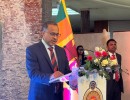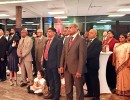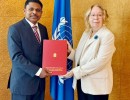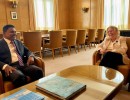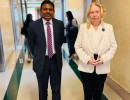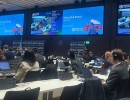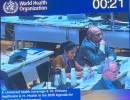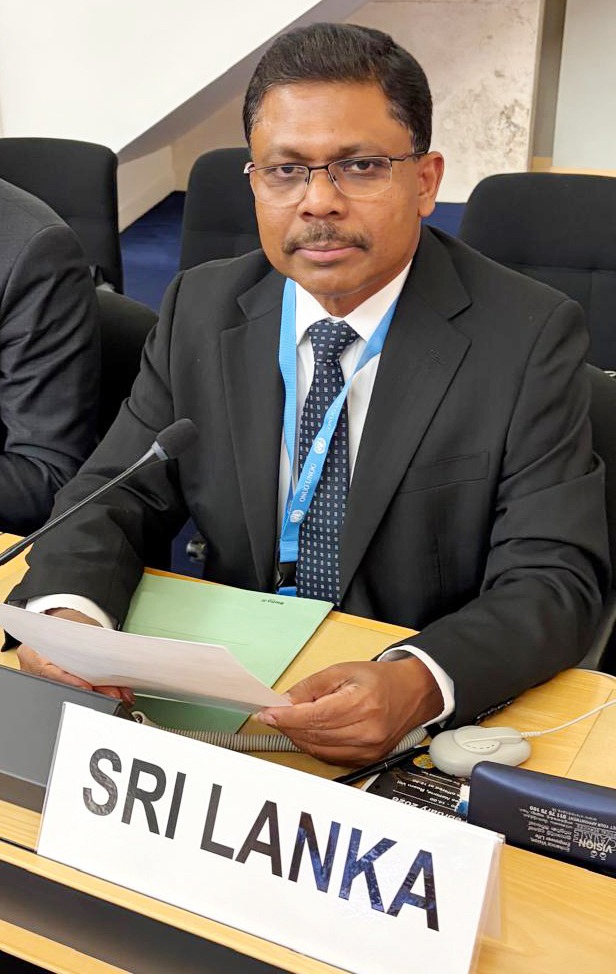
Ambassador Sumith Dassanayake, Permanent Representative of Sri Lanka to the United Nations in Geneva highlighted Sri Lanka’s continued journey towards economic, social and political transformation, speaking under the high-level segment of the UN Human Rights Council on 25 February 2026.
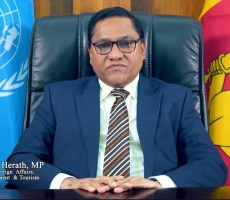
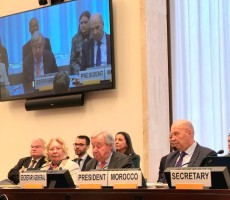
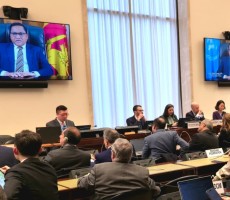
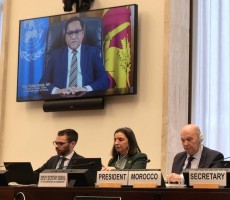
The high-level segment of the Conference on Disarmament commenced in Geneva on 23 February 2026 under the presidency of the Ambassador Omar Zniber of Morocco and will continue till 25 February 2026.
Minister of Foreign Affairs, Foreign Employment and Tourism, Vijitha Herath addressing the Conference via a video message on the first day of the high-level segment, highlighted the importance of a robust multilateral system to overcome the prevailing challenges in the current global landscape to ensure enduring global peace and security to secure a stable world for present as well as future generations.
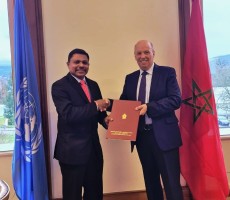
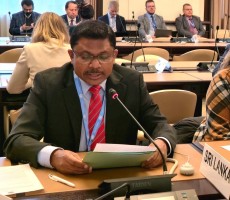
Ambassador Sumith Dassanayake, Sri Lanka’s newly appointed envoy to the United Nations in Geneva met Ambassador Omar Zniber of Morocco, the current President to the Conference on Disarmament on 19 February 2026 and presented his Credentials as Sri Lanka’s new Permanent Representative to the Conference on Disarmament.
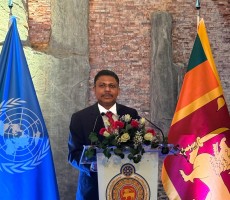
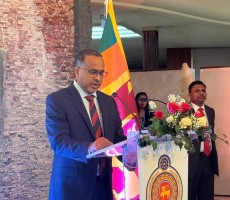

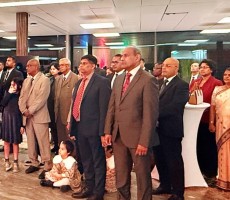
The Permanent Mission of Sri Lanka to the United Nations in Geneva and Consulate General of Sri Lanka in Switzerland, in collaboration with the Permanent Mission of Sri Lanka to the World Trade Organization (WTO), hosted an event to celebrate the 78th Anniversary of Independence of Sri Lanka with the participation of Sri Lankan community in Switzerland, at the World Intellectual Property Organization (WIPO) premises in Geneva on 17th February 2026.
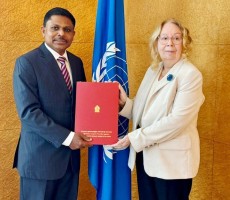
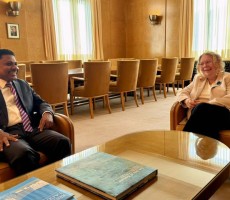
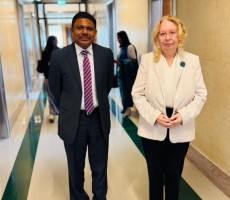
Ambassador Sumith Dassanayake, the newly appointed Permanent Representative of Sri Lanka to the United Nations Office at Geneva and other International Organizations in Switzerland presented his Credentials to the Director General Tatiana Valovaya of the United Nations Office at Geneva on February 17, 2026.
158th Session of the Executive Board of the World Health Organization
Statement by Sri Lanka
Agenda Item 13: Report of the Expert Advisory Group on the WHO Global Code of Practice on the International Recruitment of Health Personnel
Thank you, Mr. Chair,
Sri Lanka welcomes the report of the Expert Advisory Group on the WHO Global Code of Practice on the International Recruitment of Health Personnel presented by the Director General.
Sri Lanka, which provides free education and free health services for all its citizens, concerned on the high mobility of health professionals abroad. It affects the country in providing better health services to its people, especially during emergency periods. Further, we have had to bear significant financial losses after investing in producing our own health professionals.
Sri Lanka emphasizes that the establishment of co-investment in health workforce development and health system in the source country is essential in order to support health sustainability in both source and destination countries.
Sri Lanka calls for effective and invigorated implementation of the WHO code for international recruitment of health personnel for safeguarding the global health security.
Thank you
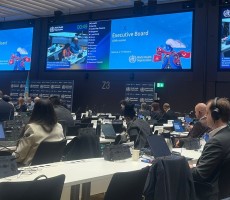
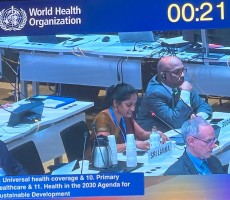
158th Session of the Executive Board of the World Health Organization
Statement by Sri Lanka, 02 February 2026
Agenda Item 10: Primary Healthcare
Thank you, Mr. Chair,
Sri Lanka takes positive note of the report by the Director-General on Primary healthcare. We appreciate the activities, initiatives and efforts carried out and made by the WHO in collaboration with other partners to advance universal health coverage, with primary healthcare - oriented reforms as the cornerstone.
- 158th Session of the Executive Board of the World Health Organization - Statement on the 'Follow-up to the political declaration of the high-level meeting of the General Assembly on the prevention and control of non-communicable diseases'
- 78th Anniversary of Independence Day of Sri Lanka
- The Permanent Mission of Sri Lanka in Geneva continues to mobilize disaster relief assistance to rebuild Sri Lanka in the aftermath of Cyclone Ditwah





